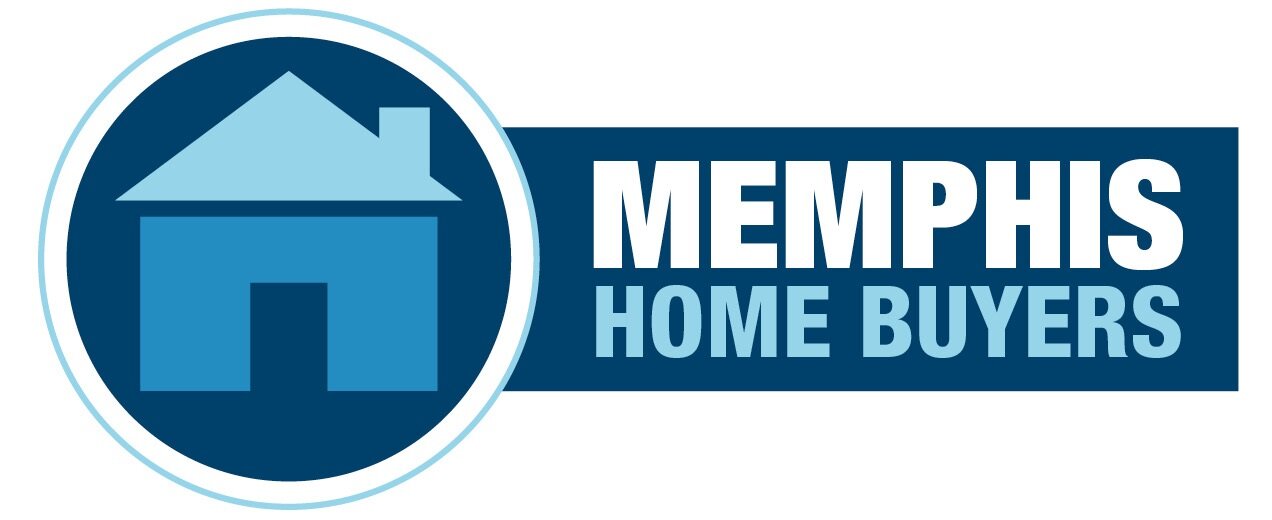
If you ever find yourself in the unfortunate circumstance of facing foreclosure, or even if you’re simply being threatened with the prospect of it, it’s of utmost importance that you have a thorough understanding of how the foreclosure process works within the legal and financial framework of your particular state in TN. Having a clear understanding of the legal and financial steps involved in the foreclosure process can provide you with crucial information and options to help you navigate through the difficulties and make informed decisions about your financial future. Therefore, it’s highly recommended that you seek professional advice and resources to ensure that you’re equipped with the necessary knowledge to tackle this challenging situation with confidence and clarity.
Understanding the Foreclosure Process in Memphis TN
What is foreclosure anyway?
Foreclosure is a legal process that allows a lender to recover the amount owed on a mortgage or loan by selling or repossessing the property that was used as collateral for the loan. In other words, when a borrower fails to make payments on their mortgage or loan, the lender can take legal action to foreclose on the property and recover the amount owed.
The foreclosure process typically begins when the borrower defaults on their loan and the lender sends a notice of default to the borrower, which is a formal notification that the borrower has fallen behind on their payments. If the borrower does not cure the default or reach a resolution with the lender, the lender can initiate a foreclosure proceeding, which may involve a court process and result in the sale of the property at a public auction. The proceeds from the sale are used to repay the outstanding debt, and any excess funds are returned to the borrower.
Foreclosure can have serious and long-lasting consequences for the borrower, including damage to their credit score and the loss of their property. It is important for borrowers who are struggling to make their payments to seek help and explore their options, such as loan modification, forbearance, or other alternatives to foreclosure, to avoid the potentially devastating consequences of losing their home.
Stages of the Foreclosure Process
Although foreclosure procedures can vary among different states across the United States, there are a few important stages that are common to any foreclosure process. Generally, there are two ways in which states conduct a foreclosure sale: through a judicial sale, which involves court proceedings, or through a power of sale, which is typically conducted without court involvement.
To provide a clearer understanding of the foreclosure process specific to your area, please feel free to reach out to us by contacting our team through our website’s contact page or by phone at (901) 828-8419. Our experts can guide you through the specific foreclosure process in Memphis.
In most cases, a foreclosure action is not initiated until the borrower has missed 3-6 months of payments. However, it’s important to note that the lender may send multiple notices to inform the borrower of their overdue or missed payments before initiating the foreclosure process.
Under Judicial Foreclosure:
- Your mortgage lender must file suit in the court system.
- You’ll get a letter from the court demanding payment.
- You’ll have 30 days to bring payment to court to avoid foreclosure (sometimes that can be extended).
- If you don’t pay after this period, a judgement will be entered and the lender can request the sale of your property – generally through an auction.
- Once the property is sold, the local sheriff serves an eviction notices and you must vacate the property.
Under Power of Sale (Non-Judicial) Foreclosure:
- The lender serves you with a notice demanding payment, and the courts are not required – although there may be some level of judicial review.
- After the established waiting period has gone by, a deed of trust is drawn up and control of your property is transferred to a trustee.
- The trusteed can then sell your property to the lender at a public auction (notice must be given).
So, What Happens After A Foreclosure Auction?
After a foreclosure is complete, the amount of the loan is paid off with the proceeds from the sale of the property.
Sometimes, if the sale of the property isn’t enough to pay off the loan, a deficiency judgment can be issued against the borrower. A deficiency judgement is where the bank gets a judgement against you, the borrower, for the remaining funds owned to the bank.
Some states limit the amount owed in a deficiency judgement to the fair value of the property at the time of the sale, while other states will allow the full loan amount to be asssesed.
Here’s a great resource that lists the state by state laws when it comes to deficiency judgements.
It’s generally recommended to avoid foreclosure auctions whenever possible. Instead, you can reach out to your lender to negotiate a resolution, or seek the help of a reputable local real estate firm, such as our team at Memphis Home Buyers, to assist in negotiating discounts on the amount owed and potentially avoid the foreclosure altogether.
Skilled and knowledgeable real estate professionals can advocate on your behalf and engage in direct negotiations with the banks to reach a mutually beneficial resolution. In some cases, even if your home’s value is less than what you owe, a qualified real estate firm can still help you navigate the situation and find alternatives to foreclosure.
If you’re currently facing foreclosure and need to sell a property in or around Memphis, please don’t hesitate to contact us. Our team can provide assistance and offer solutions to help you sell your home quickly and efficiently. We specialize in purchasing properties in Memphis, TN from homeowners who need to sell fast.
